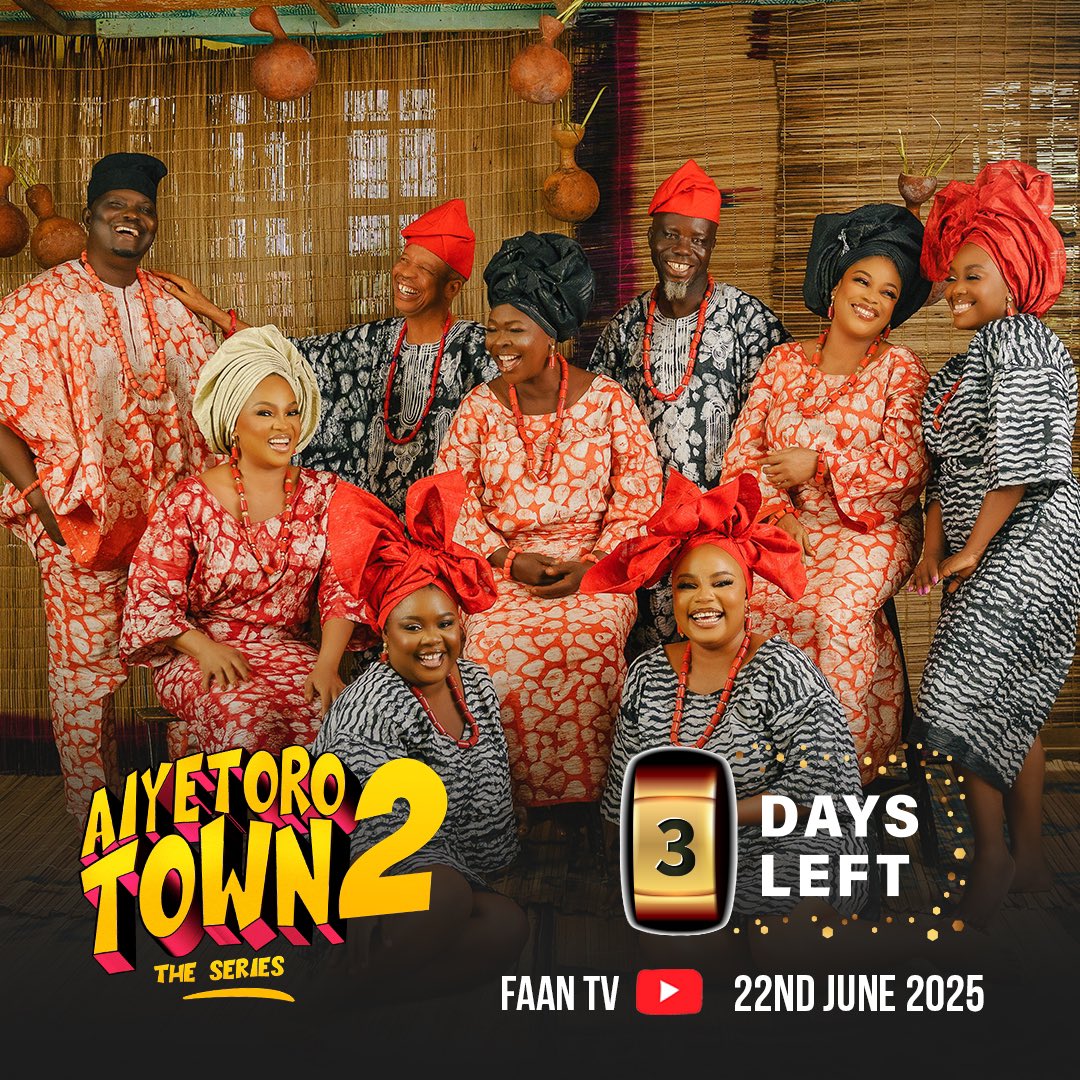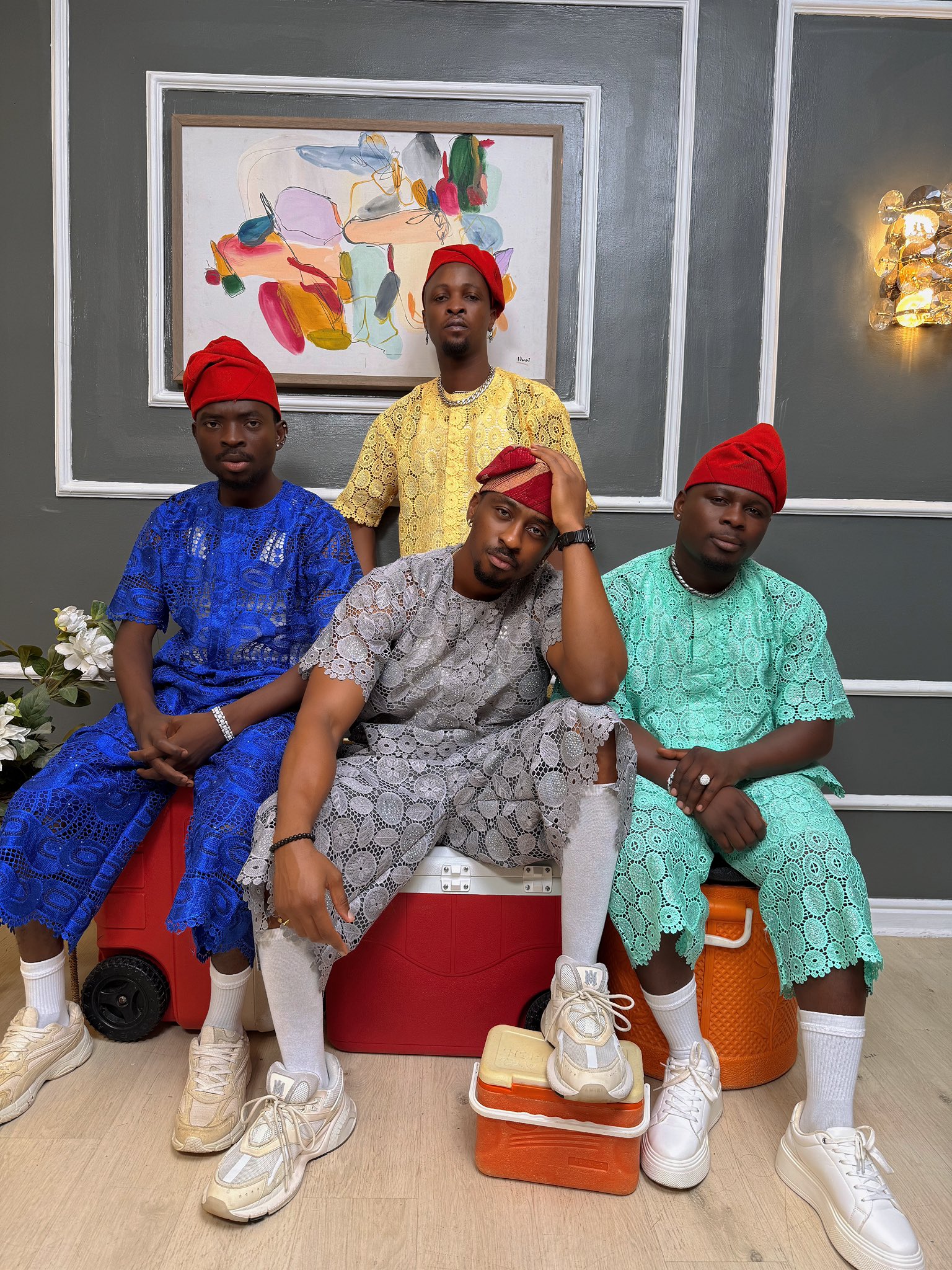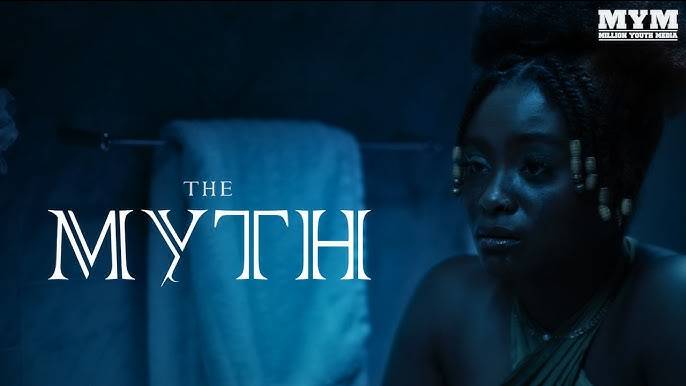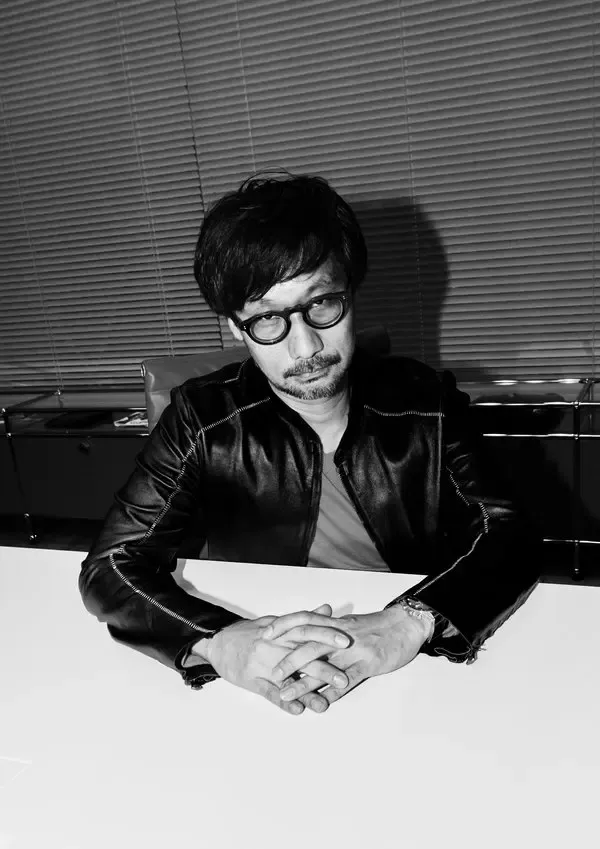Aiyetoro is not just a town — it breathes. It mourns. It watches. And now, it's unraveling. What was once a quiet coastal haven has become a boiling pot of secrets, shadows, and unresolved tensions. The coronation of a king was supposed to mark a new era, a bridge between tradition and tomorrow. But blood spilled on sacred ground has stained more than royal garments — it’s cracked the very soul of the community.
The attack on the king — bold, precise, deliberate — was no random act. The crowd’s cheer had barely died down when the unthinkable happened. What followed was not panic, but silence. The kind that comes when a town realizes it's been lying to itself. Aiyetoro, for all its smiles and ceremonies, has enemies within.
Dabiee Lee knows this intimately, though her wound is of a different sort. Her entire savings — gone. A lost ATM card, a moment of carelessness, and suddenly, a life undone. While the elders gather under mango trees to trade blame and prophecies, she scours the town’s corners for answers. Not just to find out who drained her account, but why. Because in Aiyetoro, nothing is ever straightforward. Everything is connected. Every betrayal has roots.

Related article - Uphorial Sweatshirt

FAAN TV
The town doesn’t sleep easily these days. Whispers replace greetings. Markets close early. Mothers clutch their children tightly. And behind every door lies a theory. Some say the king’s enemies are old, buried deep beneath years of false alliances. Others claim Dabiee’s misfortune is punishment — a warning from deities long ignored. But then there are those who think both events are one story told in two tragedies. That's what’s happening in Aiyetoro isn’t new, just finally exposed.
Beneath the surface, everyone is pretending. Pretending not to know that the man who fetched palm wine during the coronation is the same one who once stood trial for theft. Pretending not to hear the raised voices at night — voices that carry names not meant to be spoken. And pretending that the town’s unity isn’t hanging by a thread.
But Aiyetoro’s story is not only about darkness. It’s about the people who still believe. Dabiee, in her resilience, becomes more than a victim — she becomes a mirror. In her determined walk from one compound to another, asking questions no one wants to answer, she reminds the town of its own spine. Her pain, raw and immediate, draws out empathy even from the most hardened.
Somewhere between the king’s crown and Dabiee’s lost naira lies the true pulse of Aiyetoro. It’s in the unfinished songs of the griots, in the uneasy laughter at beer parlors, in the coded looks shared at evening prayers. It's in the tension of knowing too much and saying too little.
Aiyetoro is changing. Not because it wants to, but because it has no choice. It must face itself — all of itself. The rituals. The betrayals. The courage. And the fear.
And as the days go on, one thing becomes clear: the town’s salvation won’t come from outside. It must rise from within. From the women who won’t be silenced. From the youth who question everything. From the elders who are finally ready to speak truths hidden under years of tradition.
The king’s throne may remain empty for now. Dabiee’s account may still be bare. But something deeper is stirring in Aiyetoro. A reckoning. A rebirth. And when it fully comes, the town won’t just remember the attack or the theft. It will remember who it became because of them.
Aiyetoro is unmasked — and it's just beginning to see itself.



